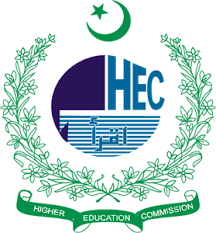Mathematics in Muslims Daily Life: A Qualitative Study of the Intersection Between STEM, Faith, and Cognitive Harmony
Abstract
Main purpose of this study was to explore the everyday relevance of mathematics in the lives of practicing Muslims. It also examined how mathematical patterns in everyday actions and religious rituals contribute to psychological comfort and cognitive harmony. Furthermore, it highlighted the indispensable role of STEM (Science, Technology, Engineering, and Mathematics) particularly mathematics, as foundational elements regularly used in everyday life leading to mental comfort. It aims to understand how faith shapes attitudes toward math and highlights its inseparability from practical and spiritual dimensions. Using a qualitative research design, semi-structured interviews were conducted with a purposive sample of eight mathematics (n=4) and social sciences Muslims teachers (n=4). Thematic analysis was used to uncover themes relating to the integration of maths in religious and daily contexts. Five key themes emerged: mathematics and faith; unconscious everyday mats use; order as mental comfort; math as divine and spiritual language; and transformation of positive math attitudes. The findings indicated that mathematics is experienced in everyday life as practical and spiritual framework to enhance well-being and cognitive clarity. Although mathematics plays a central role in daily life, its practical and deeply integrated nature is often overlooked, especially in STEM education. This study highlights this neglected dimension by investigating how mathematics is experienced as a dynamic and practical subject, closely bonded with both faith and everyday activities. This study contributes unique insights to the interdisciplinary dialogue between mathematics education, psychology, and Islamic studies. It highlights how integrating religious perspectives can enhance the acceptance of math and promote psychological resilience, offering implications for educators and faith communities alike.
Keywords: Mathematics, STEM, Faith, Qualitative Study, Psychological Comfort, Spiritual Language, Religious Practices, Everyday Math, Cognitive Harmony.









